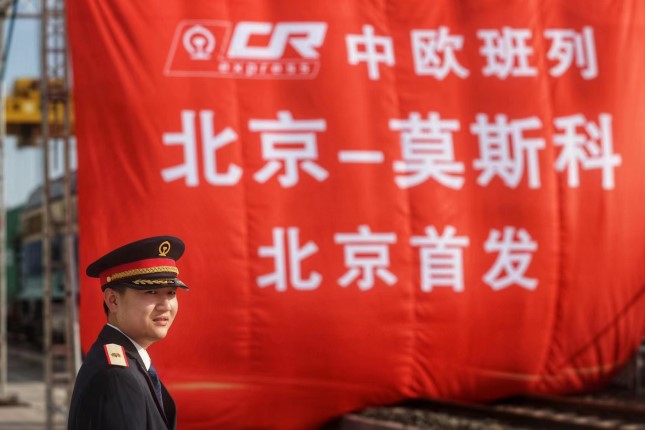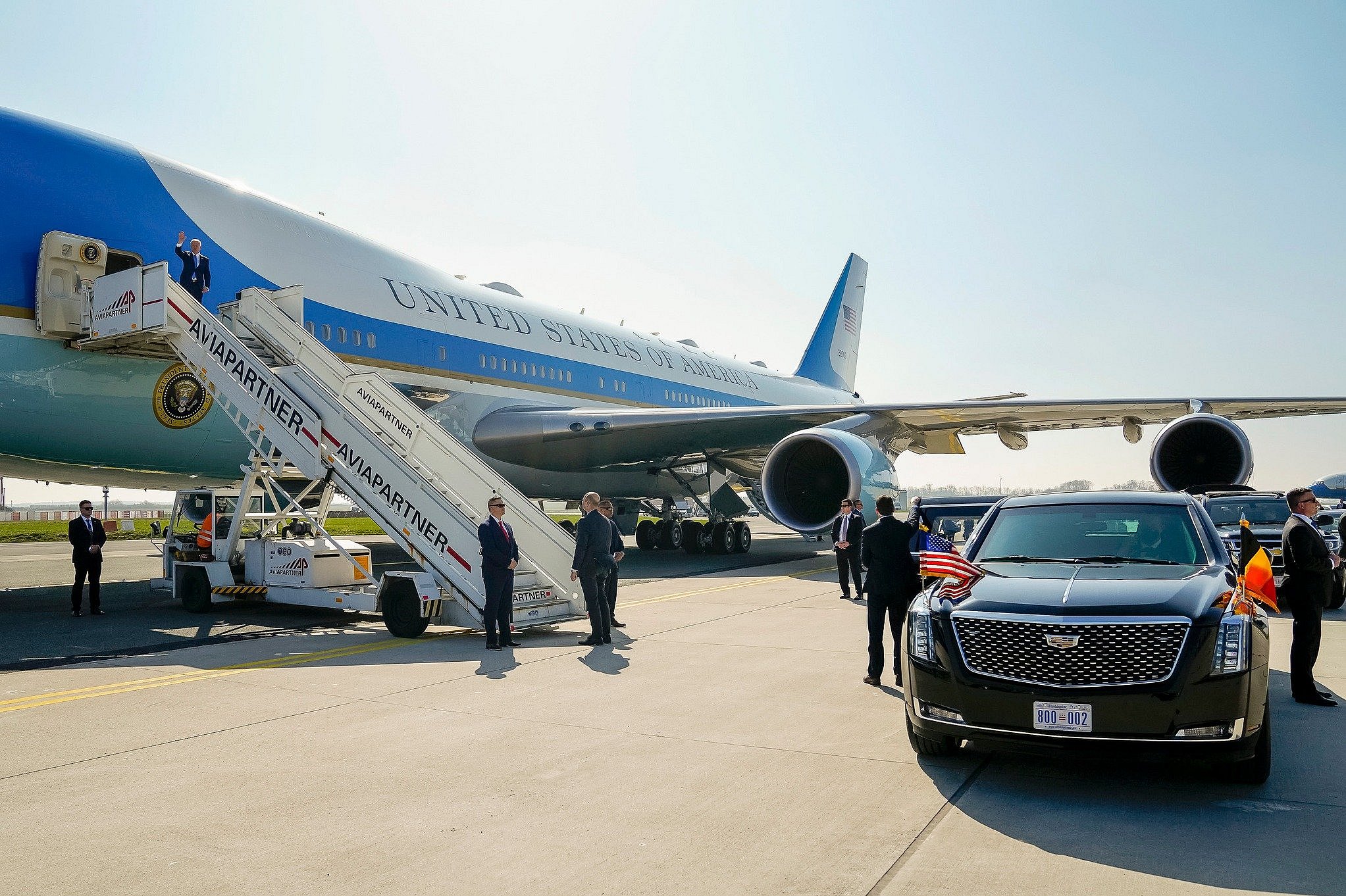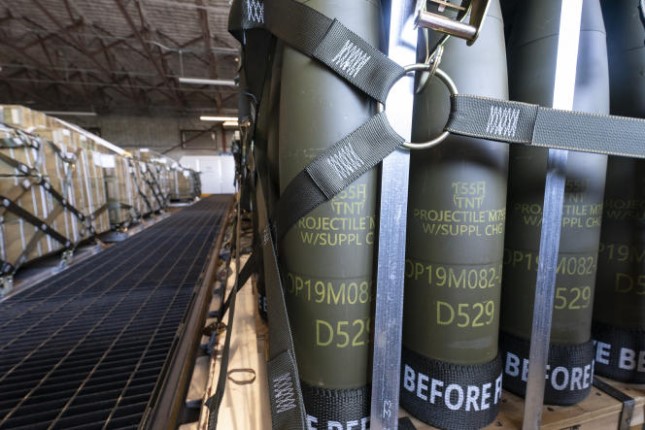Beijing sent its first China-Europe freight train on Thursday. The train is carrying 55 40-foot containers of auto parts, apparel, home appliances and construction material to Europe. The train will enter Russia via Manzhouli Port in North China's Inner Mongolia Autonomous Region before arriving in Moscow, with the 9,000-kilometer journey taking about 18 days.
Experts said that as the BRI enters its 10th year of development, the China-Europe freight train, a flagship BRI project, is set to see explosive growth in 2023.
This is Beijing's first China-Europe freight train as the city strives toward further opening-up and builds itself into an international consumption center with global influence.
Chu Yixiao, general manager of Taitong International Transportation Co, is in charge of organizing logistics for the service. "Currently, the company is aiming to operate at least four trains per month and at least 30 trains at the end of 2023. In 2024, we will aim to build the Jingping logistics hub into a regional logistics center for China-Europe freight train service in Beijing-Tianjin-Hebei region," Chu told the Global Times on Thursday.
The return trip of the Beijing-Moscow train will mainly carry consumer goods, including food, dairy products, juice, liquor, chocolate, and rice, flour, grain and oil, according to Chu. "Due to Russia's rich supply of mineral ores, wood, metal, pulp and potash, the train will also carry raw materials for industrial use."
Deng Jie, general manager of the Jingping logistics hub, where the train began its trip, told the Global Times that operating the service will offer a big boost to the city's efforts to build itself into an international consumption center.
Most localities on the Chinese mainland have opened up China-Europe freight train services.
The China-Europe freight train service has so far completed 65,000 runs, serving as a "steel camel fleet" between China and Europe, Chinese Foreign Minister Qin Gang said on March 7 at a press conference on the sidelines of the 14th National People's Congress.
In January, China operated 1,410 China-Europe freight trains carrying 147,000 standard containers of goods, marking the 33rd consecutive month in which more than 1,000 China-Europe freight trains were operated, China's state railway operator said on February 13.
The increase in the number of trains was 6 percent year-on-year, while the number of containers rose by 13 percent.
The Chinese foreign minister also noted that China-Russia ties are based on non-alliance and non-confrontation, and are not targeted at any third party. The ties neither pose a threat to any country in the world, nor are they subject to interference or provocation by any third party.
Bilateral trade grew rapidly in recent years. In 2022, bilateral trade surged 34.3 percent year-on-year to a record high of 1.28 trillion yuan ($190 billion) in yuan-denominated terms, Chinese customs data showed. In the first two months of this year, trade rose by 36.4 percent to hit 232.5 billion yuan.
In 2019, China and Russia jointly set the goal of increasing their bilateral trade volume to $200 billion by 2024.
Photo: Cui Meng / GT.
Source: The Global Times.
































